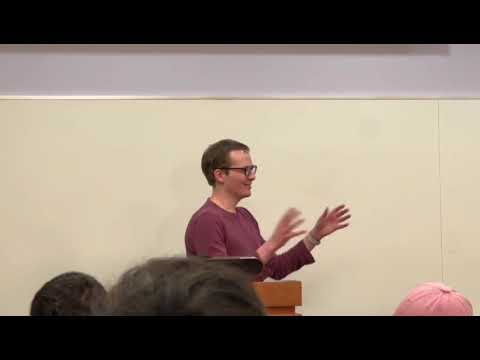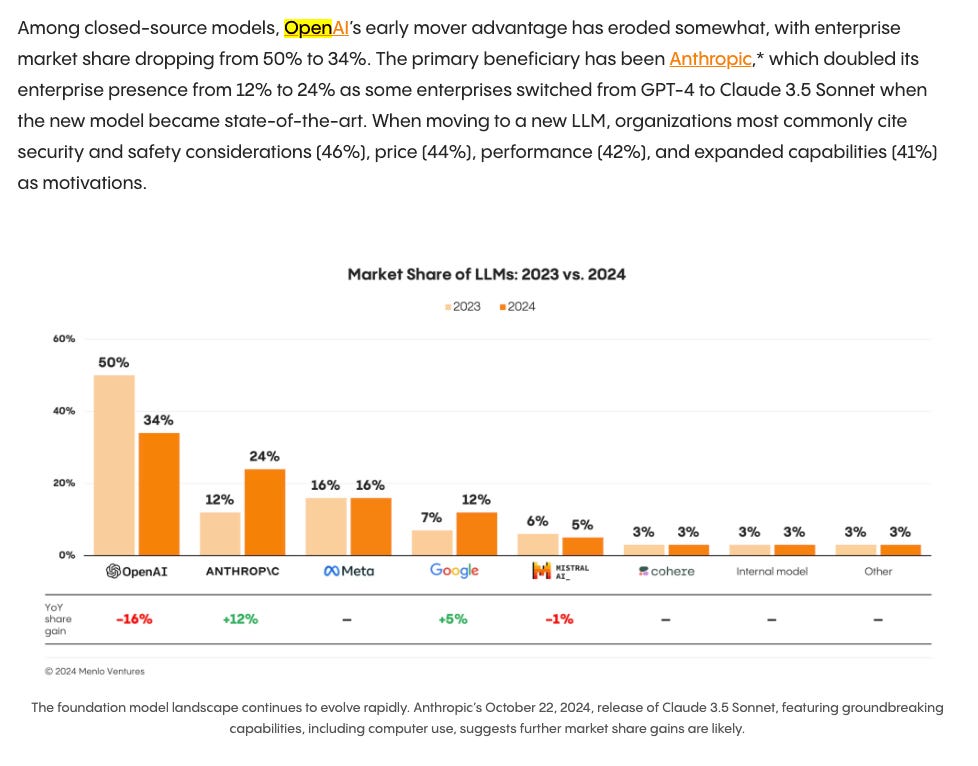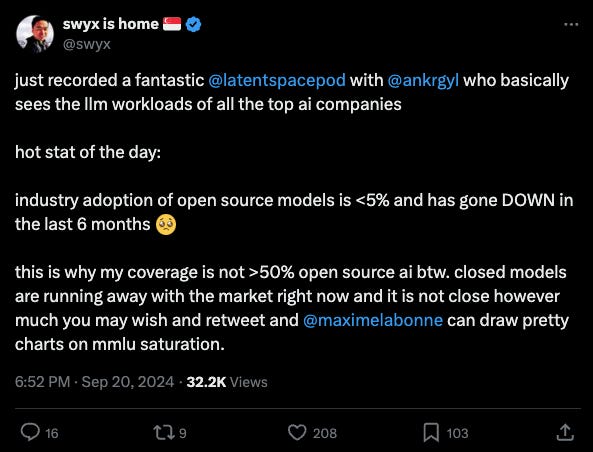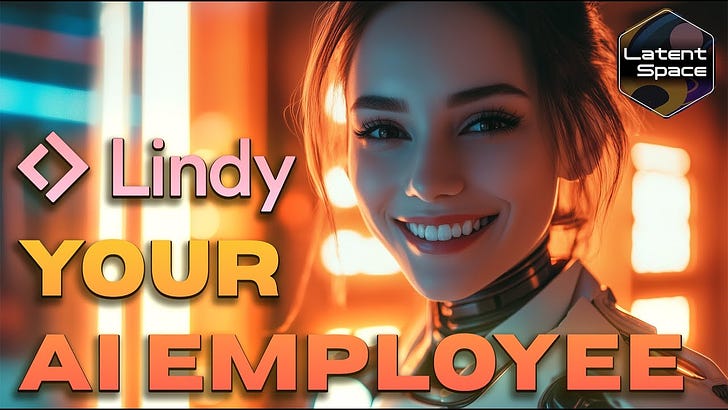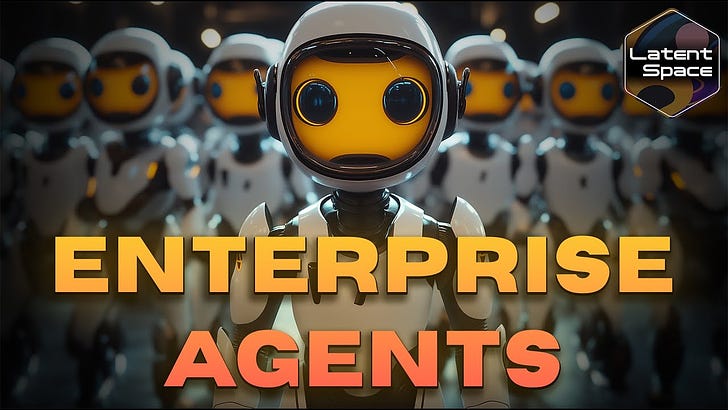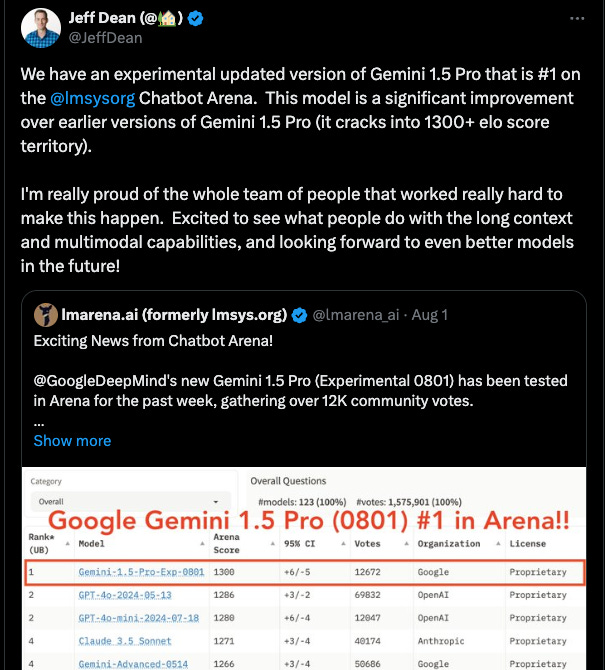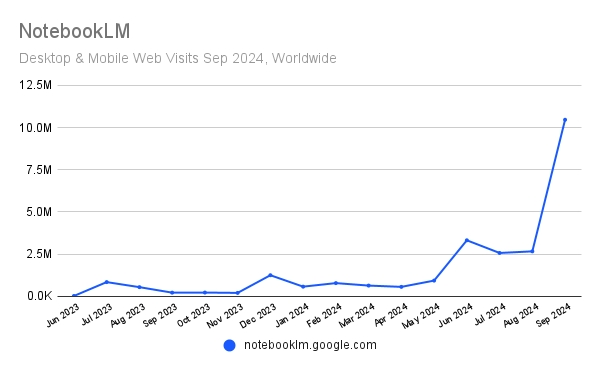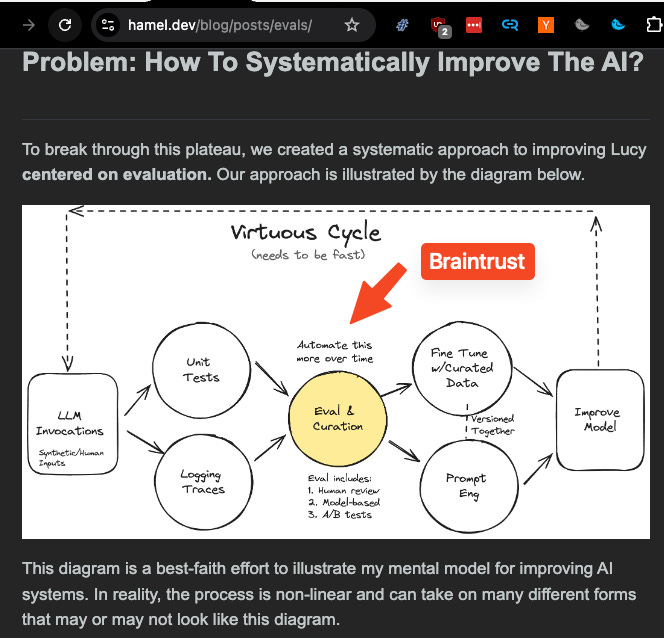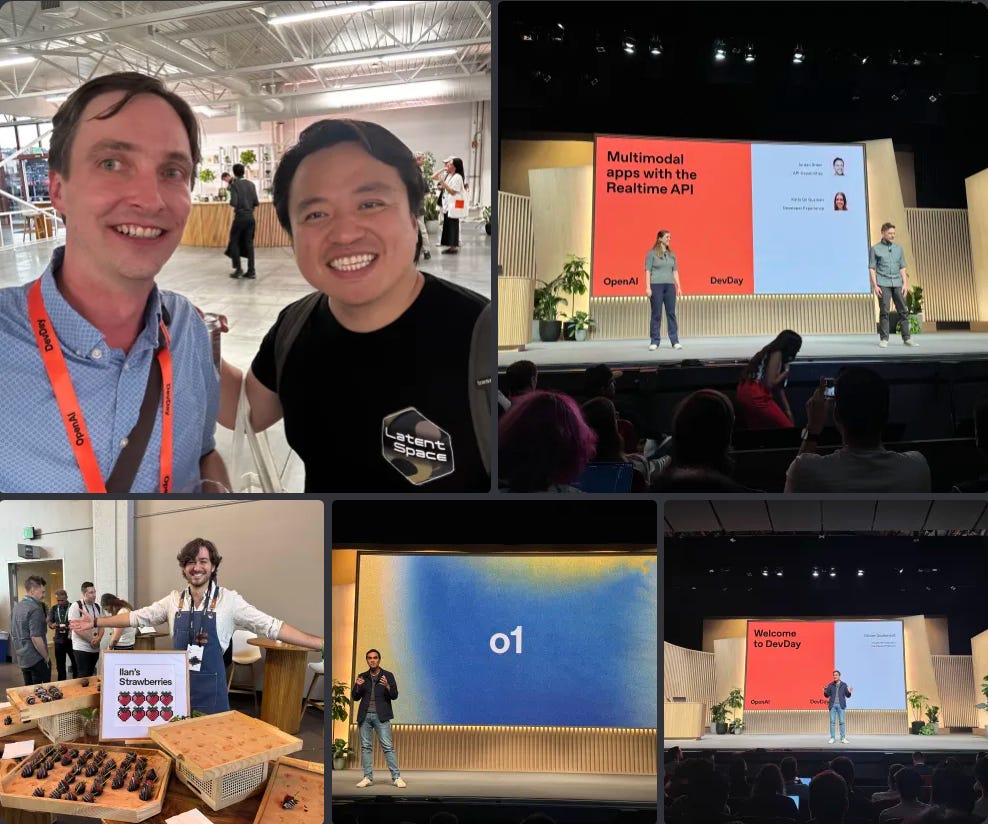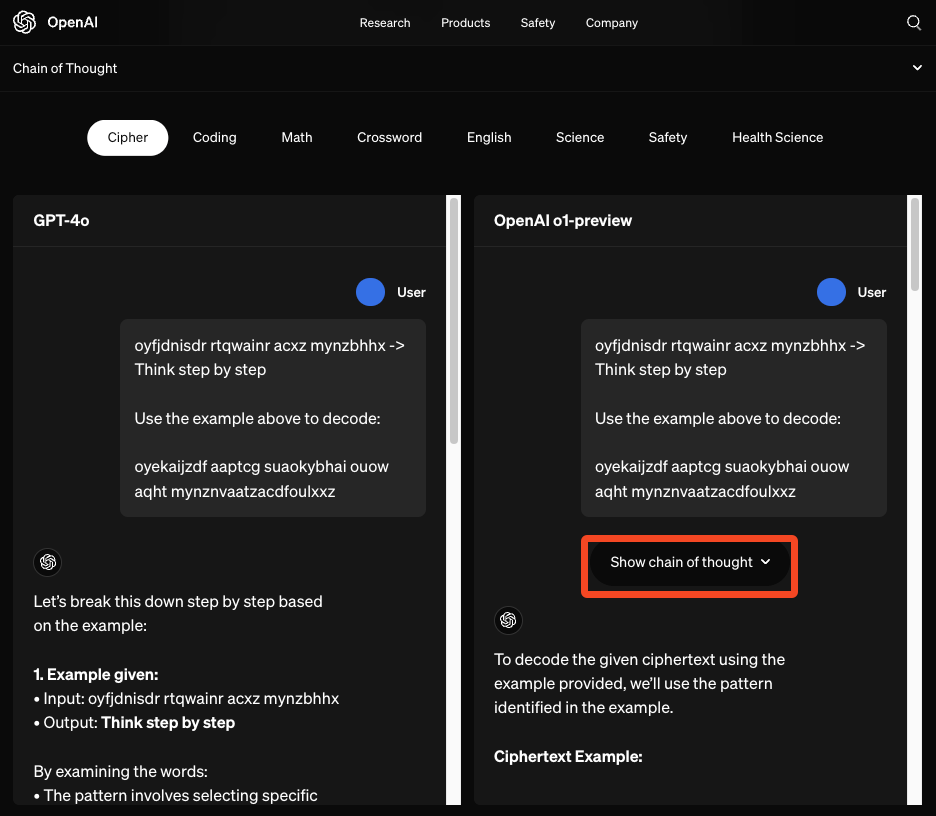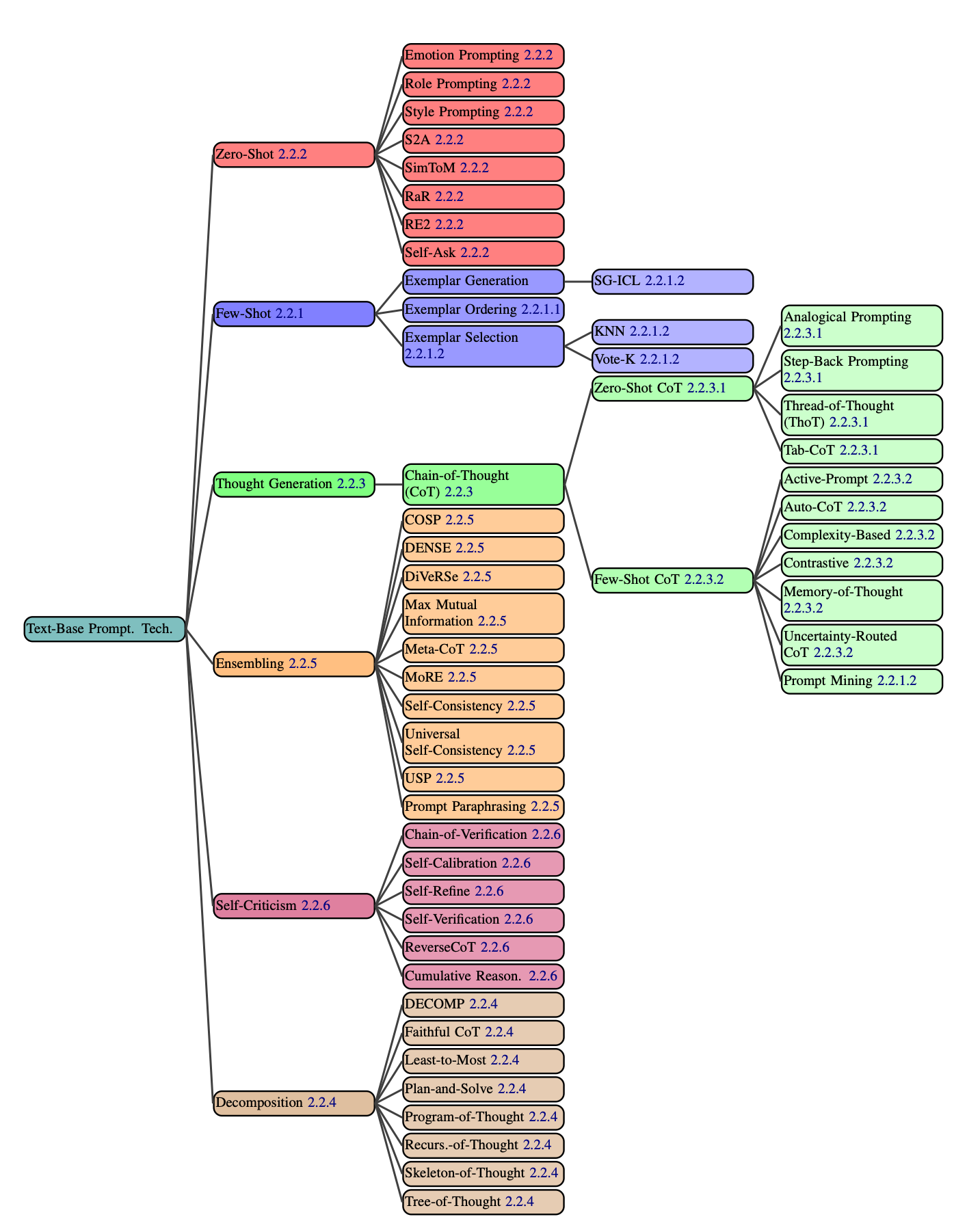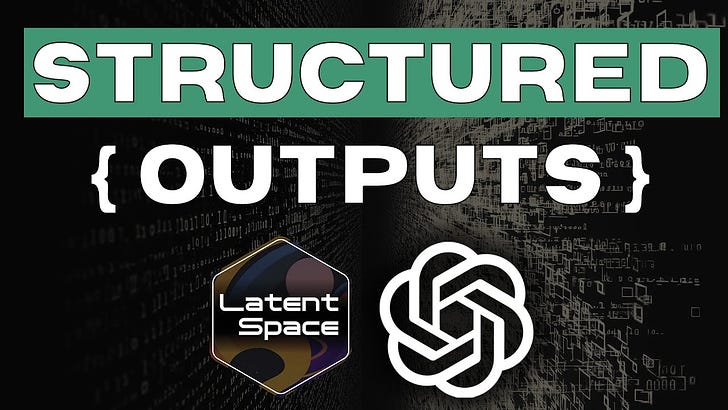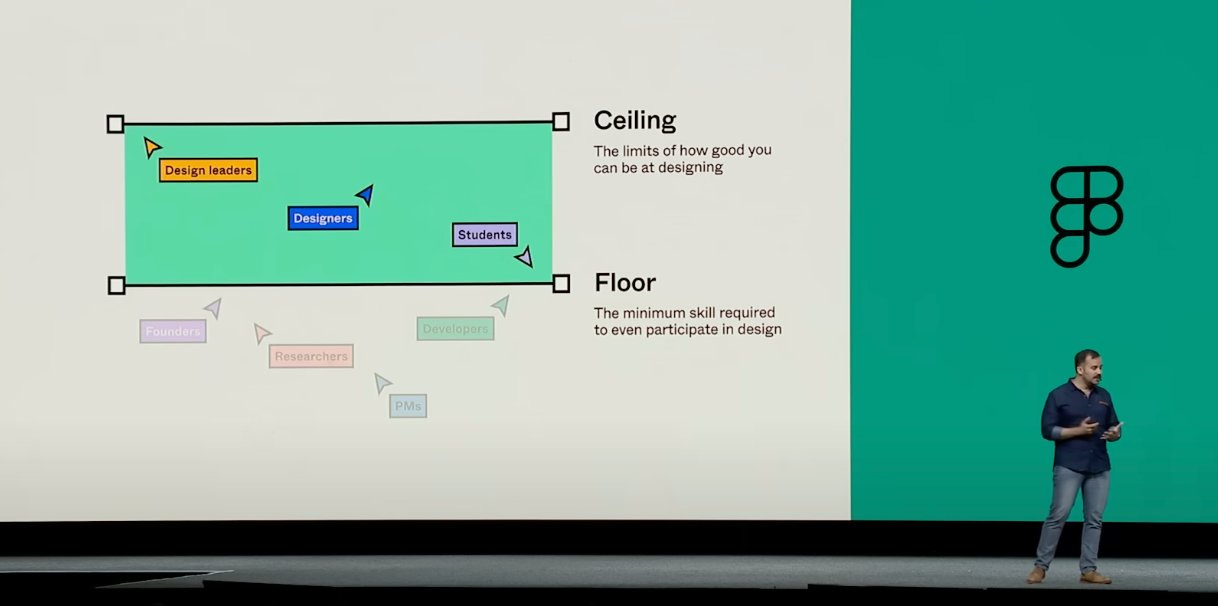Building the AI Engineer Nation — with Josephine Teo, Minister of Digital Development and Information, Singapore
Description
Singapore's GovTech is hosting an AI CTF challenge with ~$15,000 in prizes, starting October 26th, open to both local and virtual hackers. It will be hosted on Dreadnode's Crucible platform; signup here!
It is common to say if you want to work in AI, you should come to San Francisco.
Not everyone can. Not everyone should. If you can only do meaningful AI work in one city, then AI has failed to generalize meaningfully.
As non-Americans working in the US, we know what it’s like to see AI progress so rapidly here, and yet be at a loss for what our home countries can do. Through Latent Space we’ve tried to tell the story of AI outside of the Bay Area bubble; we talked to Notion in New York and Humanloop and Wondercraft in London and HuggingFace in Paris and ICLR in Vienna, and the Reka, RWKV, and Winds of AI Winter episodes were taped in Singapore (the World’s Fair also had Latin America representation and we intend to at least add China, Japan, and India next year).
The Role of Government with AI
As an intentionally technical resource, we’ve mostly steered clear of regulation and safety debates on the podcast; whether it is safety bills or technoalarmism, often at the cost of our engagement numbers or ability to book big name guests with a political agenda. When SOTA shifts 3x faster than it takes to pass a law, when nobody agrees on definitions of important things, when you can elicit never-before-seen behavior by slightly different prompting or sampling, it is hard enough to simply keep up to speed, so we are happy limiting our role to that. The story of AI progress has more often been achieved in the private sector, usually in spite of, rather than with thanks to, government intervention.
But industrial policy is inextricably linked to the business of AI, which we do very much care about, has an explicitly accelerationist intent if not impact, and has a track record of success in correcting for legitimate market failures in private sector investment, particularly outside of the US. It is with this lens we approach today’s episode and special guest, our first with a sitting Cabinet member.
Singapore’s National AI Strategy
It is well understood that much of Singapore’s economic success is attributable to industrial policy, from direct efforts like the Jurong Town Corporation industrialization to indirect ones like going all in on English as national first language. Singapore’s National AI Strategy grew out of its 2014 Smart Nation initiative, first launched in 2019 and then refreshed in 2023 by Minister Josephine Teo, our guest today.
While Singapore is not often thought of as an AI leader, the National University ranks in the top 10 in publications (above Oxford/Harvard!), and many overseas Singaporeans work at the leading AI companies and institutions in the US (and some of us even run leading AI Substacks?). OpenAI has often publicly named the Singapore government as their model example of government collaborator and is opening an office in Singapore in time for DevDay 2024.
AI Engineer Nations
Swyx first pitched the AI Engineer Nation concept at a private Sovereign AI summit featuring Dr. He Ruimin, Chief AI Officer of Singapore, which eventually led to an invitation to discuss the concept with Minister Teo, the country’s de-facto minister for tech (she calls it Digital Development, for good reasons she explains in the pod).
This chat happened (with thanks to Jing Long, Joyce, and other folks from MDDI)!
The central pitch for any country, not just Singapore, to emphasize and concentrate bets on AI Engineers, compared with other valuable efforts like training more researchers, releasing more government-approved data, or offering more AI funding, is a calculated one, based on the fact that:
* GPU clusters and researchers have massive returns to scale and colocation, mostly concentrated in the US, that are irresponsibly expensive to replicate
* Even if research stopped today and there was no progress for the next 30 years, there are far more capabilities to unlock and productize from existing foundation models and we <5% done on this journey
* Good AI Engineering requires genuine skill and is deepening enough to justify sub-specialization as a sub-industry of Software Engineering
* Companies and countries with better AI engineer workforces will disproportionately benefit from AI vs those who equivocate it as one of many equivalent priorities
* Tech progress is often framed as “the future is here but it is not evenly distributed”. The role of the AI Engineer is therefore to better distribute the state of the art to as much of humanity as possible, including the elderly, poor, and differently abled.
All of which are themes we first identified in the Rise of the AI Engineer. Singapore simply has a few additional factors that make it not just a good fit, but an economic imperative:
* English speaking, very-online country that is great at STEM
* Aging, ex-growth population (Total Fertility Rate of 1.1)
* #3 GDP per capita (PPP) country in the world
* Physically remote from major economic growth centers ex China/SEA
That basically dictates that any continued economic growth must be disconnected to geography, timezone, or headcount, or reliance on existing industrial drivers. Short of holding Taylor Swift hostage, making an intentional, concentrated bet on AI industrial policy is Singapore’s best option to keep up progress in the 21st century. As a pioneer in education policy being the primary long term determinant of economic success, this may result in Python as Singapore’s next National Language in the long run, a proposal we also discussed extensively at the RAISE retreat where this episode was recorded.
Because of upcoming election season concerns around the globe, we also took the opportunity to ask about Singapore’s recent deepfake (election integrity) law.
Full YouTube episode
Show Notes
* Josephine Teo Official Bio, Wikipedia
* Singapore National AI Strategy
* <a target="_blank" href="https://www

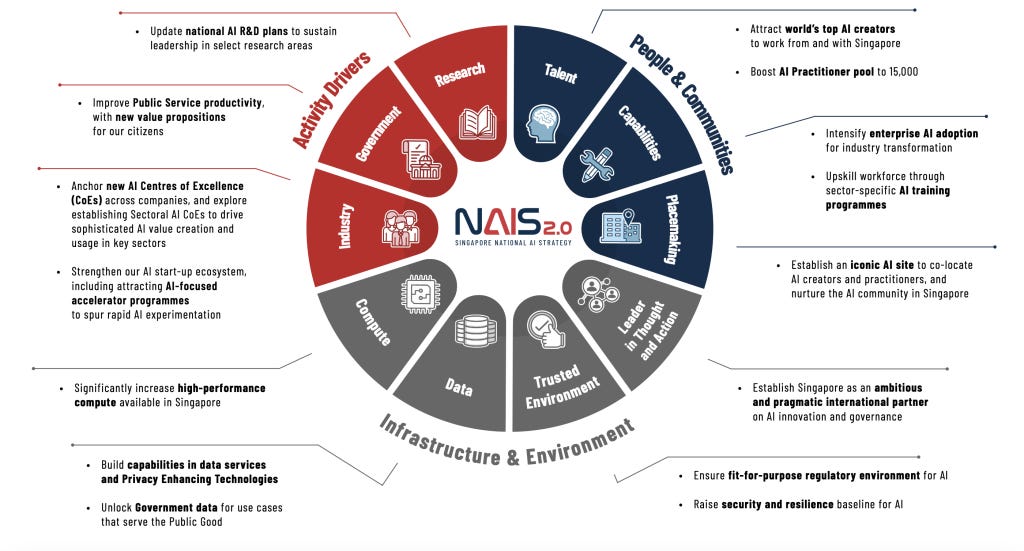
![2024 in Vision [LS Live @ NeurIPS] 2024 in Vision [LS Live @ NeurIPS]](https://substackcdn.com/feed/podcast/1084089/post/153472517/d3a235d317f9f5a30d0dff7ffc795392.jpg)
![The State of AI Startups [LS Live @ NeurIPS] The State of AI Startups [LS Live @ NeurIPS]](https://substackcdn.com/feed/podcast/1084089/post/153389370/2d1909e2fbbd5c9267a782756c04d8a3.jpg)

